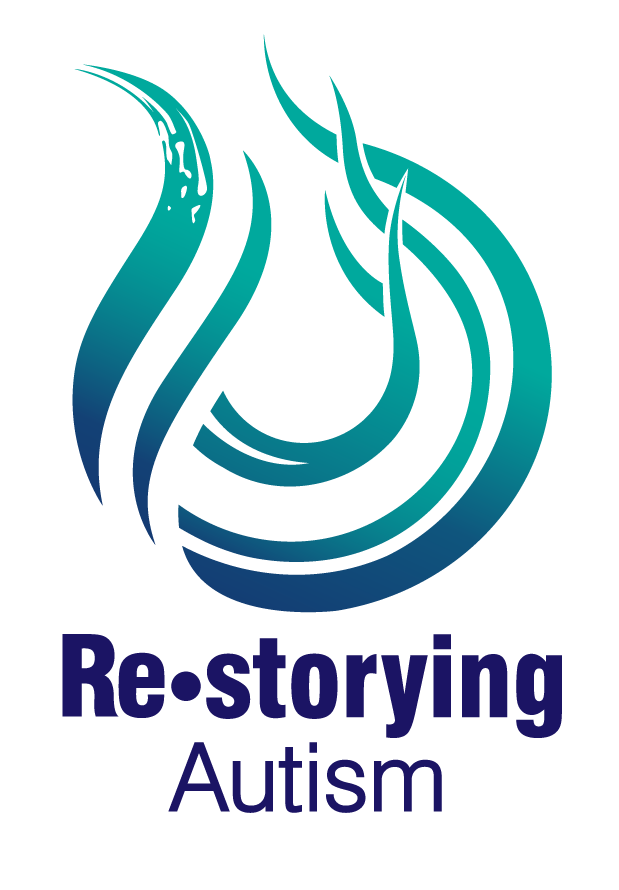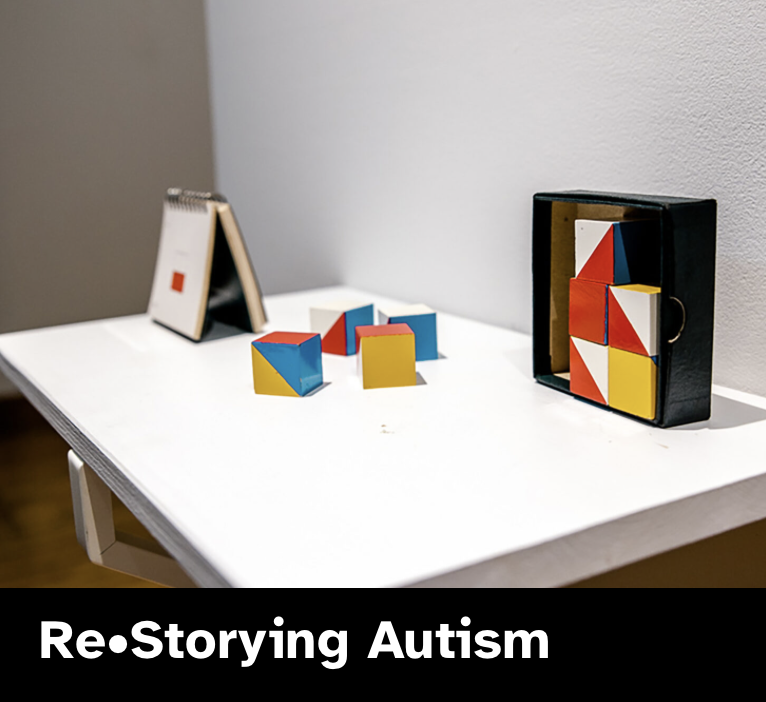


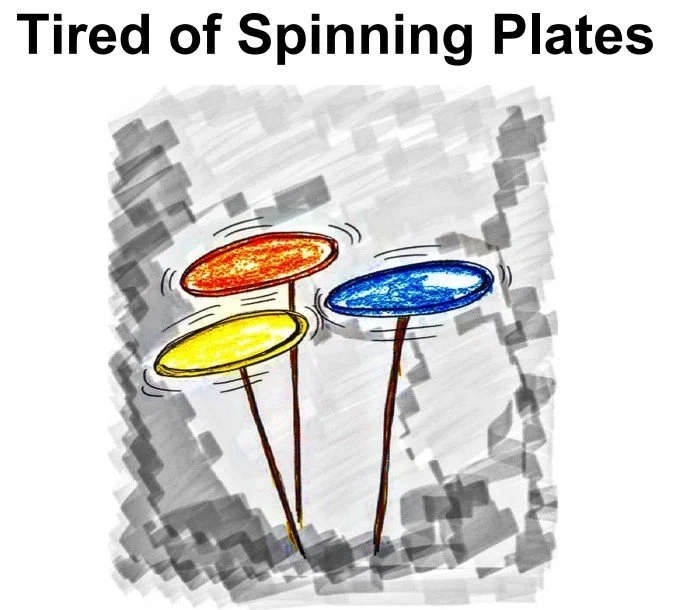

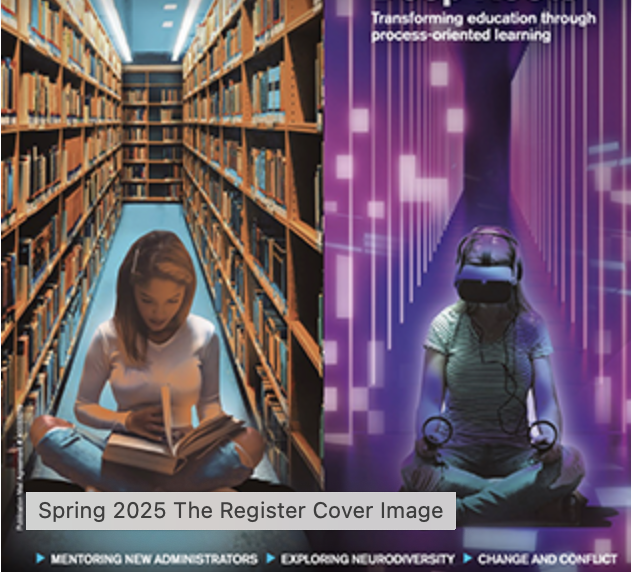
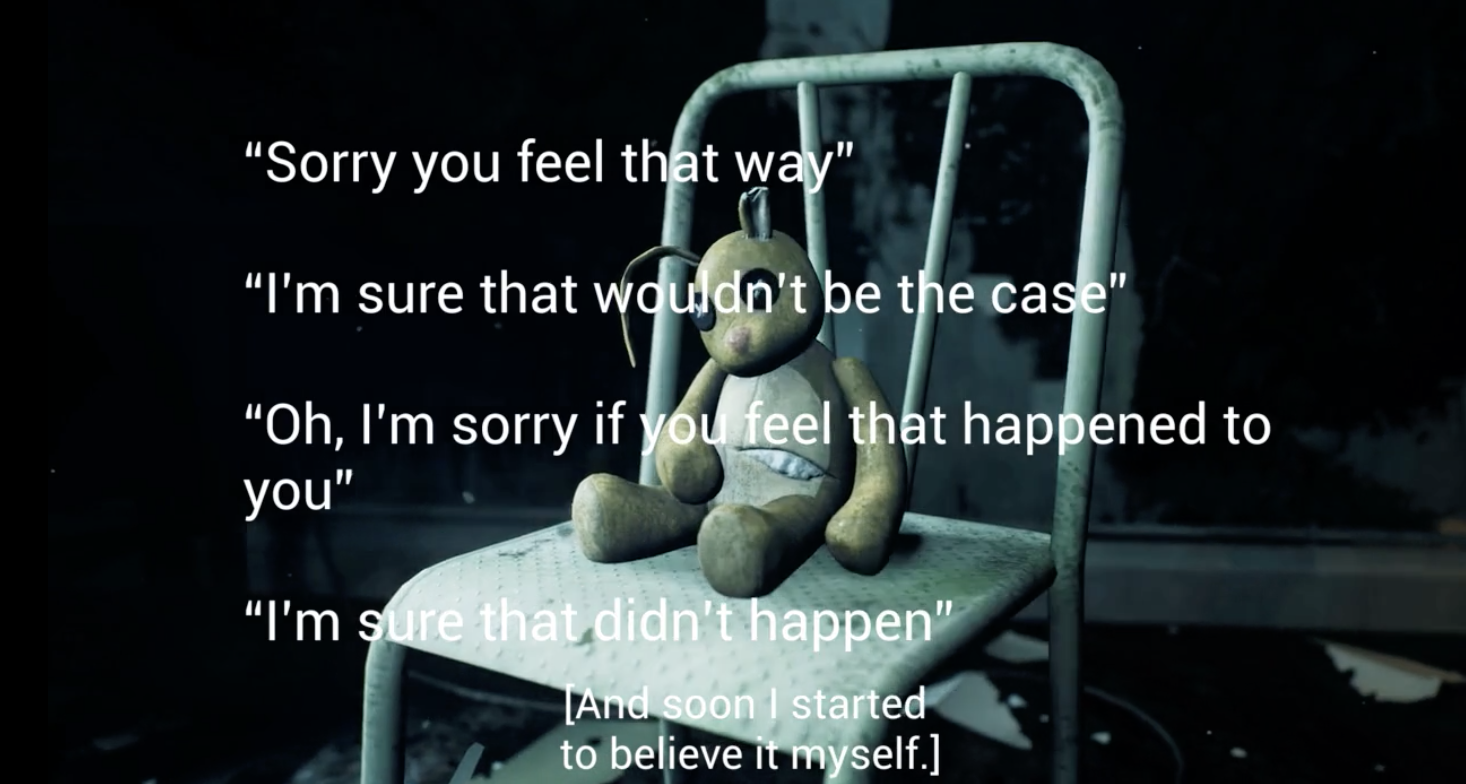

Douglas, P. (2024). Unmothering autism: Ethical disruptions and affirming care. UBC Press (book)
Super(ior) Mom
Artist Statement Katrissa Singer
Super(ior) Mom was created in 2017, when I was beginning to self-discover and self-identify as Autistic, as part of a series of free-form crochet fiber sculptures that explored difficult emotional states. The title was inspired by the so-called Autism Mom stereotype, and my own experiences growing up with a mother whose identity was so closely tied to her role as caregiver to an “unusual” or “difficult” child. The piece alludes to the popular perception of motherhood as heroic. Super(ior) Mom exposes the paradox of a mother’s love: while it can nurture and support, it can also confine and suffocate.
I have alexithymia, a condition characterized by difficulty identifying and describing one’s emotions, which is relatively common in Autistic people. I suspect that this is why I am drawn to unconventional ways of fleshing out what I am feeling, and also to mainly using shades of grey to convey my internal experiences.
Super(ior) Mom is unlike the other sculptures in the Unravel 2 series, in that I chose to include the colour red, which denotes a blood connection between the two figures.
My relationship to this artwork has changed over time, much like parent-child relationships do. After a recent realization that my mother is likely also Autistic, I view her past attempts to mould me to neurotypical norms in a different light. Where previously I perceived hatred and rejection, I now see fear and protectiveness. These days I imagine the roles of the figures reversed. As I have grown physically, mentally, and emotionally, I picture myself as the larger figure, and my mother – who did not have the same opportunity to self-discover – as the smaller one, still connected to me but no longer in control.
Another insight that I had after creating Super(ior) Mom is that through creating my artworks, I translate my inner experience into a form that can be seen and recognized by others like me. This is why I am honoured to have Super(ior) Mom on the cover of this book!


